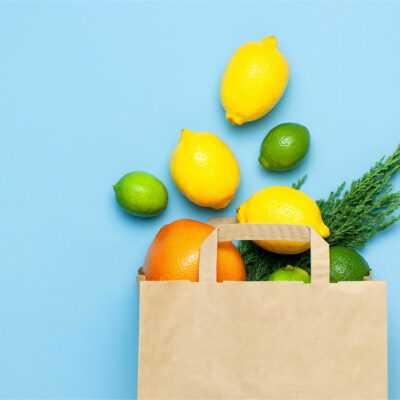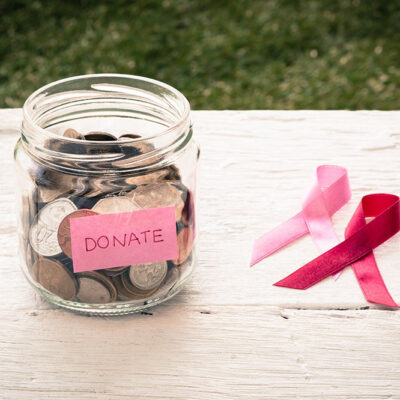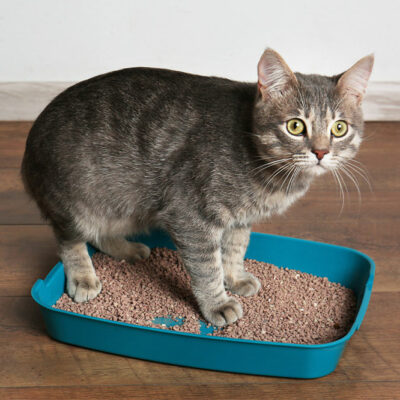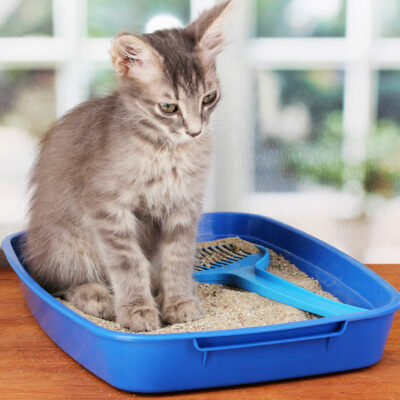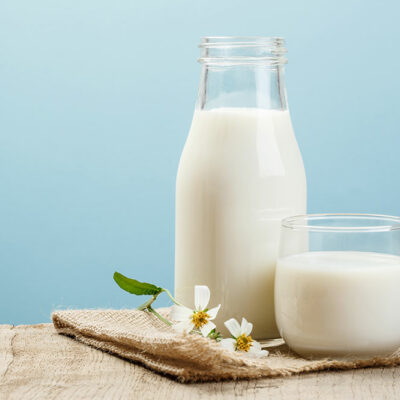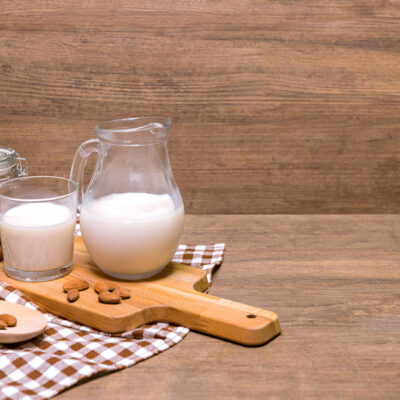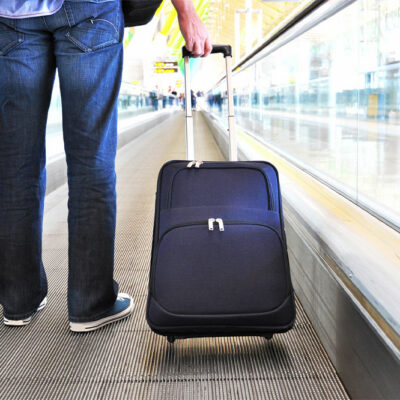
Top 4 travel mistakes to avoid
Whether it is for business or pleasure, traveling calls for meticulous planning and execution. Frequent travelers probably have their own set of tried and tested tricks to easily move through airports, avoid being stranded or stuck in a foreign place, and have an altogether safe and efficient trip. As most of us resume travel after a long break, it is important to revisit and avoid common traveling mistakes for a smooth journey. Overpacking This is a common issue for most people regardless of the number of trips they have taken in the past. The art of packing light doesn’t have to be complicated. It is okay to repeat a few outfits to make space for the essentials. Also, wouldn’t you want to set aside some space in case you decide to go shopping on your trip? To avoid paying an excess baggage fee, review your itinerary and pack accordingly. No cell phone plan One of the common traveling mistakes is completely relying on Wi-Fi. However, not every café, station, or hotel is likely to offer free or reasonably fast internet. So, when you have no access to the Wi-Fi, you wouldn’t want to be stranded and have no means of calling for help.
Read Article 

